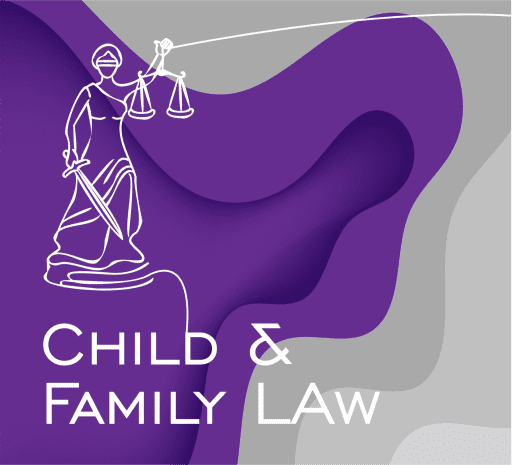In recent decades, child sexual abuse has become a serious threat to children and young people, irrespective of their background and age. Abusers use power or money to sexually exploit the child. They may offer money, gifts, accommodation, drugs, alcohol or food in exchange for sexual activities or simply coerce the child into sexual activity.
Child abuse can occur not only in person but also online. In many cases, children do not even realise that they are being abused. There have been situations where the abuser is connected to a network of traffickers and the child or young one is moved to other towns and cities and forced into sexual activity.
Forced marriage is also a form of sexual abuse and therefore, a criminal offence.
Before getting the child to engage in sexual activity, the abuser usually grooms, or prepares, the child for it. How does he do so? In one or more of the following ways:
- Establishing an emotional connection with the child
- Making inappropriate physical contact with the child
- Exposing the child to nudity or sexual content
- Giving special attention to the child, perhaps giving them gifts or money, and making them feel indebted
- Gradually gaining control over the child with threats, trying to make sure that the child is too scared to report abuse
Looking for signs in children
In the majority of cases, the victim does not talk about the abuse to anyone. They may assume that it is a normal relationship. They may be too scared to report it. Or they may feel that they have no choice but to engage in the activity.
Therefore, it is very important for parents, teachers and others to identify signs that a child is being subject to abuse. Here are some warning signs to look for:
- Is the child regularly absent from school and other important activities?
- Does the child look unusually fatigued?
- Are they disappearing for long periods?
- Are they lying about where they have been or whom they have been with?
- Do they show heavy mood swings and significant changes in behaviour?
- Are they on the phone a lot – making calls and sending texts?
- Are they secretive about their phone?
- Is there an older person showing unusual attention to them?
- Is some “new friend” picking them up from school?
While it is true that child abuse can happen to any child, abusers usually target children who appear vulnerable, are isolated, or have a disability.
It is important to talk to children about sexual exploitation even if it seems to be an uncomfortable topic to talk about. Generally, the child may hesitate to share details of the abuse. If they do open up, listen to them and get all the details. Avoid asking intrusive questions. Reassure the child that they do not have to deal with the problem alone anymore. Report to the authorities immediately, or call us at 01582 383 888 and our child & family solicitors will take the necessary action required.



